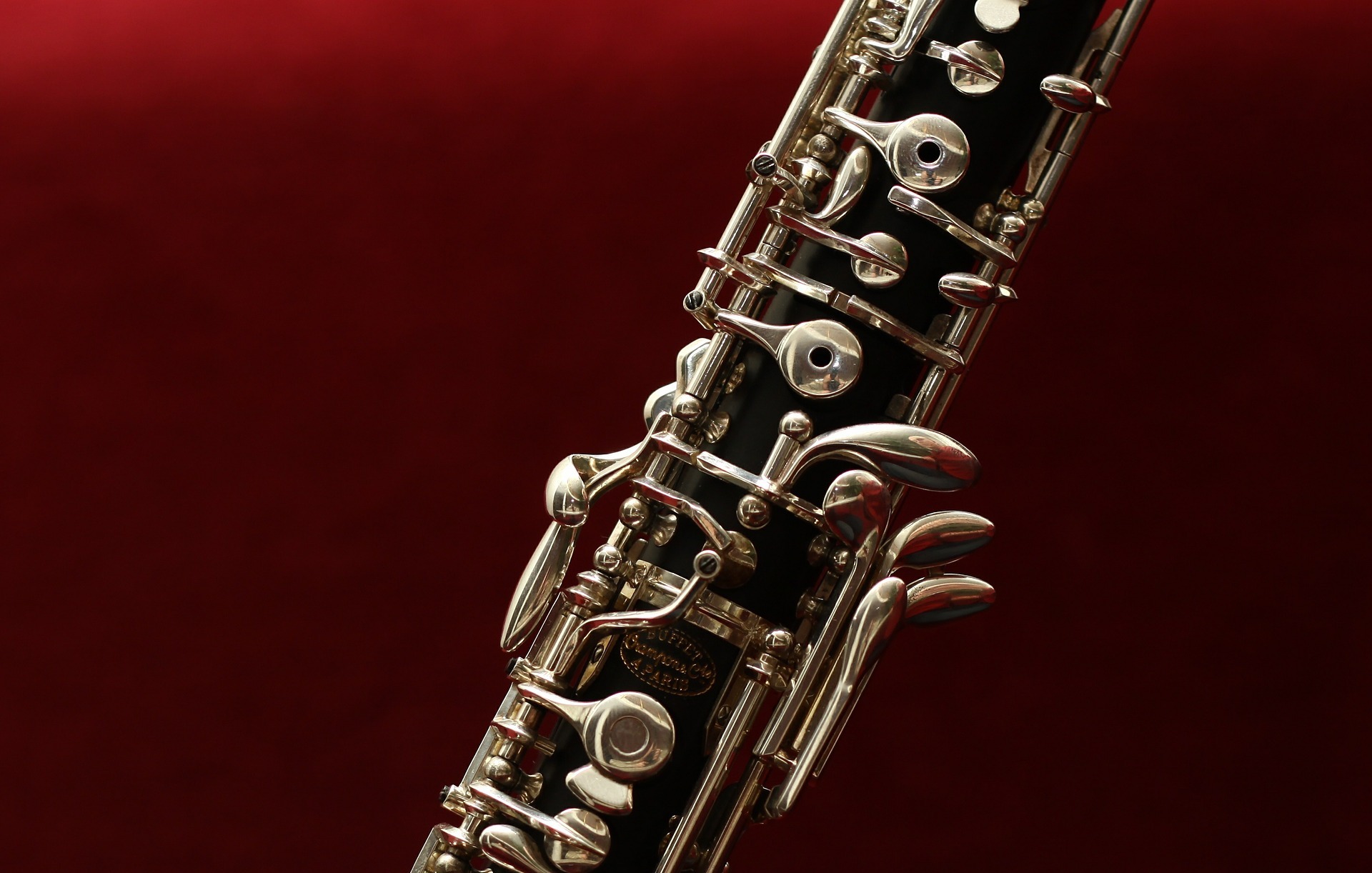Chaminade Flute Concertino
Posted on 13th April 2024 at 09:53

Cécile Chaminade was a prolific composer, publishing more than 400 pieces in her lifetime, as well as being a successful international touring solo pianist.
Perhaps her most well known piece is her “Flute Concertino in D Major” Op. 107, which is listed in the Model Music Curriculum, however her vast repertoire is well worth exploring. She composed piano pieces (solo and duo), Piano Trios, songs, a ballet, an opera and concerto style works.
In her many recital tours, Chaminade would feature programmes entirely made up of her own music.
On the 80th anniversary of her death, we explore her life and most famous piece. Our activity this month explores composition within limitations.
Image: Cécile Chaminade
Originally from en:Wikipedia en:Image:Cecile chaminade.jpg
Henrici, L. O. Representative Women. Kansas City, Mo.: The Crafters Publishers. 1913
Original source: What We Hear in Music, Anne S. Faulkner, Victor Talking Machine Co., 1913.














